Nutrition

Pesticides in Green Smoothies
After countless recipes for Christmas cookies, festive roasts and cocktails, the advice on losing weight, detoxing and beautifying oneself now takes centre stage. Most of it is sheer nonsense.

Tradition and innovation go hand in hand when it comes to food
The study ‘Decoding Food Culture’ by the Gottlieb Duttweiler Institute shows how deeply food culture shapes our lives. That is why it is a balancing act between tradition and innovation to bring about changes in nutrition.
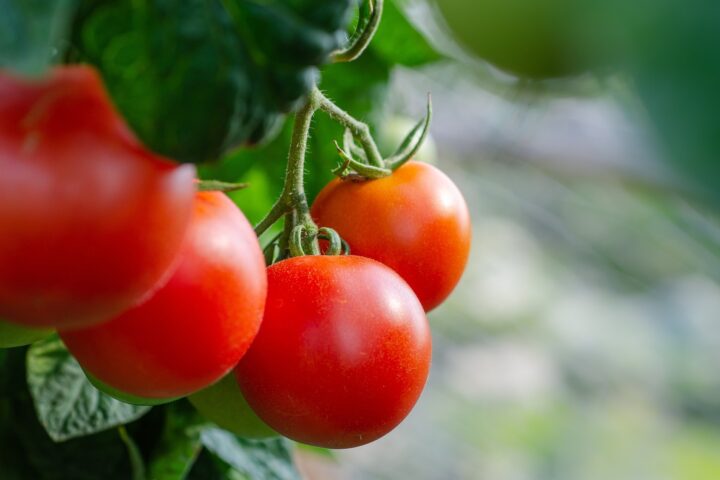
Tomatoes: From «water bomb» to aromatic fruit
The diversity of commercially marketed tomato varieties is greater today than ever before. This has to do in particular with the breeding of new varieties.
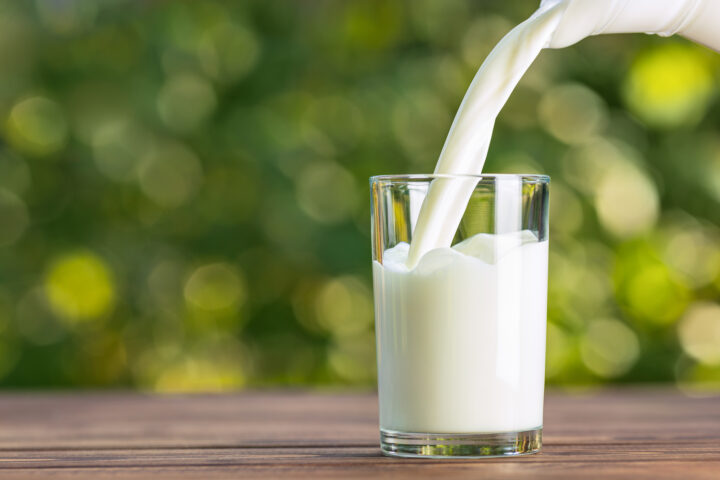
“Future Food”: From development to shopping basket
Protein is a key component in a healthy, balanced diet. However, the majority of protein consumed by humans derives from animals and is extremely resource-intensive to produce. What might alternatives look like? And what needs to happen to enable alternative protein products to end up in consumers’ baskets? At the Swiss-Food Talk, three experts considered the issues.
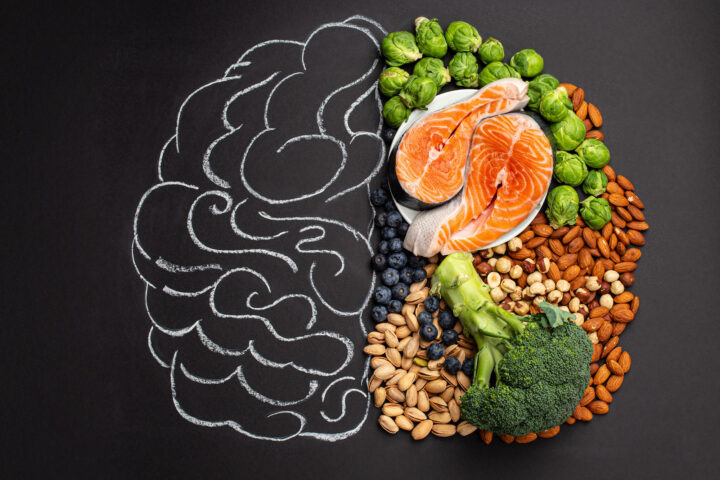
“Natural does not always mean sustainable”
We are reliant on optimized foodstuffs in order to supply the planet’s growing population with healthy, sustainably produced food. However, consumers often view these as “artificial”, and thus “unnatural” – and “natural” is the preferred choice. Of our everyday foods, however, very few are of “natural origin”. They have been optimized by humans over the course of time. But are supposedly “natural” products also healthier and more sustainable? Three presenters took an in-depth look at food optimization in this Swiss-Food Talk.
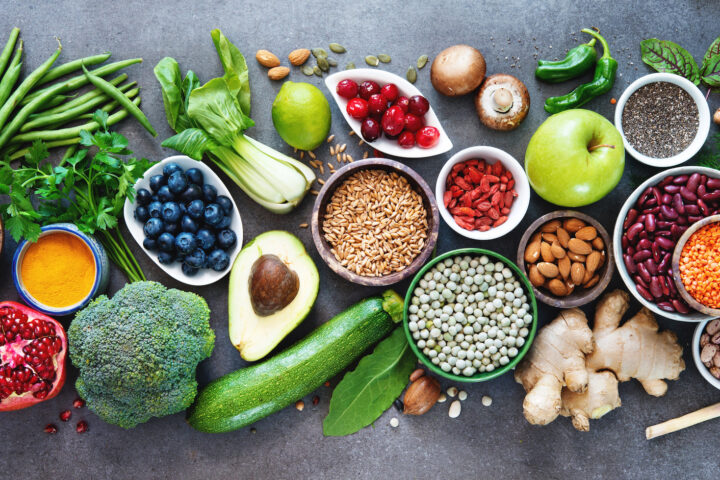
«How to feed the world without starving the planet»
The nutrition of the future should ensure access to the necessary nutrients for all people and be healthy for the planet. That is the goal. However, developing this kind of “planetary health diet” is not so easy. In the Swiss-Food Talk, experts in science and industry discussed what healthy, environmentally friendly nutrition should look like. One thing is clear: Sustainable food must suit the tastes of the people, meet the specific local needs, and must be affordable.
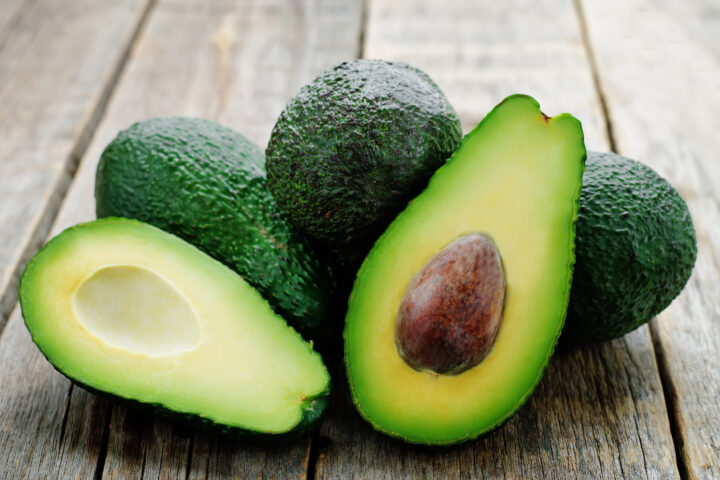
Scared to death: These ‘Toxic Ten’ chemicals have been widely detected in many commonly-consumed fruits and vegetables
The Toxic Ten are chemicals in your family’s refrigerator and the government does nothing to stop it; it even takes steps to increase their level in food. They are prevalent in the American diet. Studies in animals have shown that they can pose a significant risk to health. By Kevin Folta in The Genetic Literacy Project.
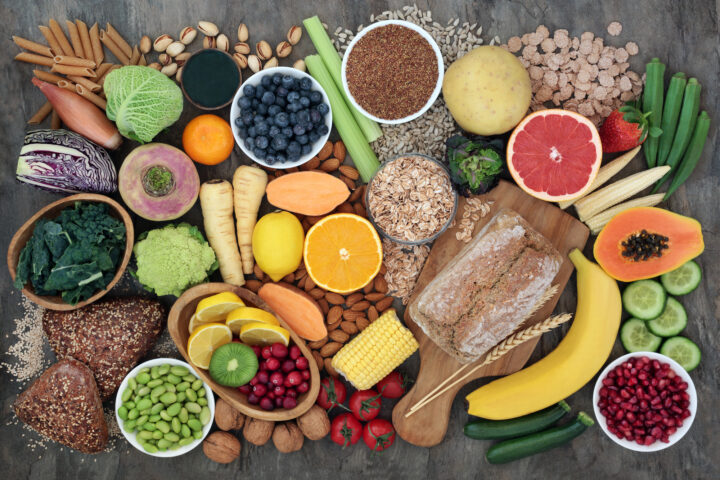
Nutrition: Health for the entire planet
The nutrition of the future should ensure that all people have access to the necessary nutrients and be healthy for the planet as well. Such a “planetary health diet” requires urgent innovation. That much is certain.
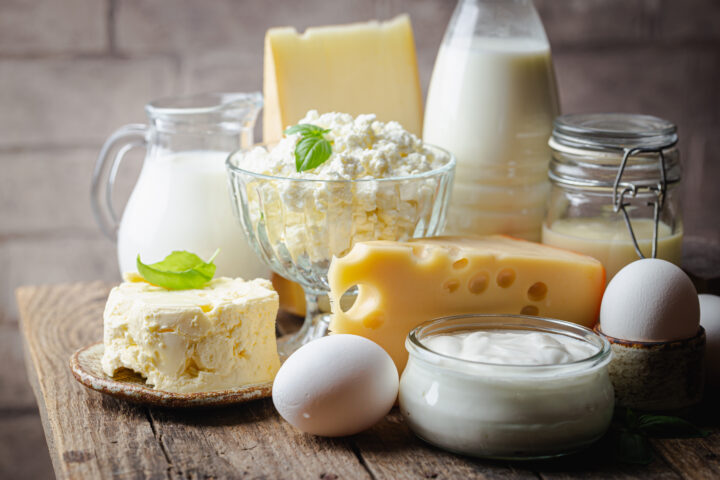
Acceptance of animal-free milk products is growing
Producing animal-based products is a very resource-intensive process. And for a wide variety of reasons, some people refrain from eating meat and/or dairy products. This is why companies are conducting more research into “animal-free” animal products.
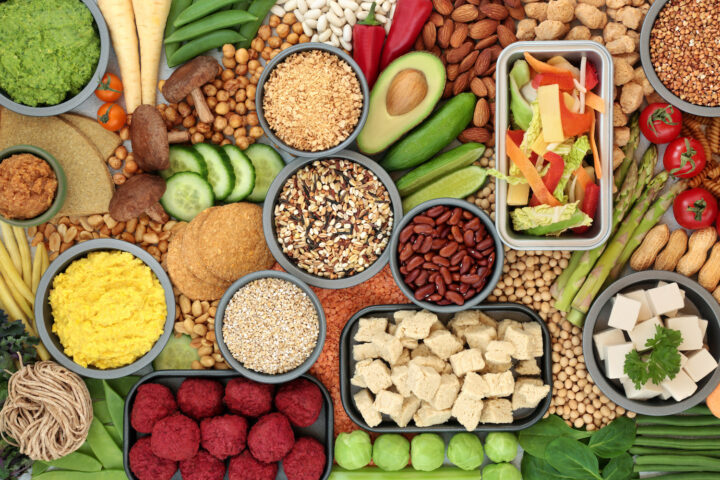
Food trends: Innovative technologies are indispensable
Climate change and environmental problems will change our eating habits. The food of the future will have to be both good for us – and good for the planet.

